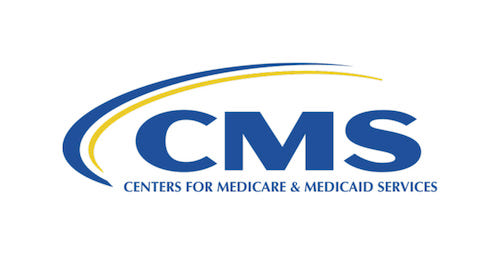
January 24, 2024- Behavioral health conditions significantly impact Medicare and Medicaid populations, with 25% of people with Medicare experiencing mental illness and 40% of adult people with Medicaid experiencing mental illness or substance use disorder, according to CMS. High costs for care, lack of access to quality behavioral health treatment, and fragmented care systems make it difficult for individuals to receive the care they need. According to CMS, this is especially true for historically marginalized racial and ethnic groups, low-income populations, and individuals living in rural areas.
The U.S. Department of Health and Human Services, through the Centers for Medicare and Medicaid Services (CMS), is announcing a new model, The Innovation in Behavioral Health (IBH), to test approaches for addressing behavioral and physical health for individuals with Medicaid and Medicare. The goal of the IBH model is to improve overall quality of care, as well as outcomes, for adults with mental health conditions or substance use disorders.
The IBH model will connect individuals with the physical, behavioral, and social support to address their care. Through interprofessional care teams, patients will experience service integration that aims to address and bridge physical and behavioral care needs. Regardless of how patients enter care, they will have access to all available services, referred to as a “no wrong door” approach.
